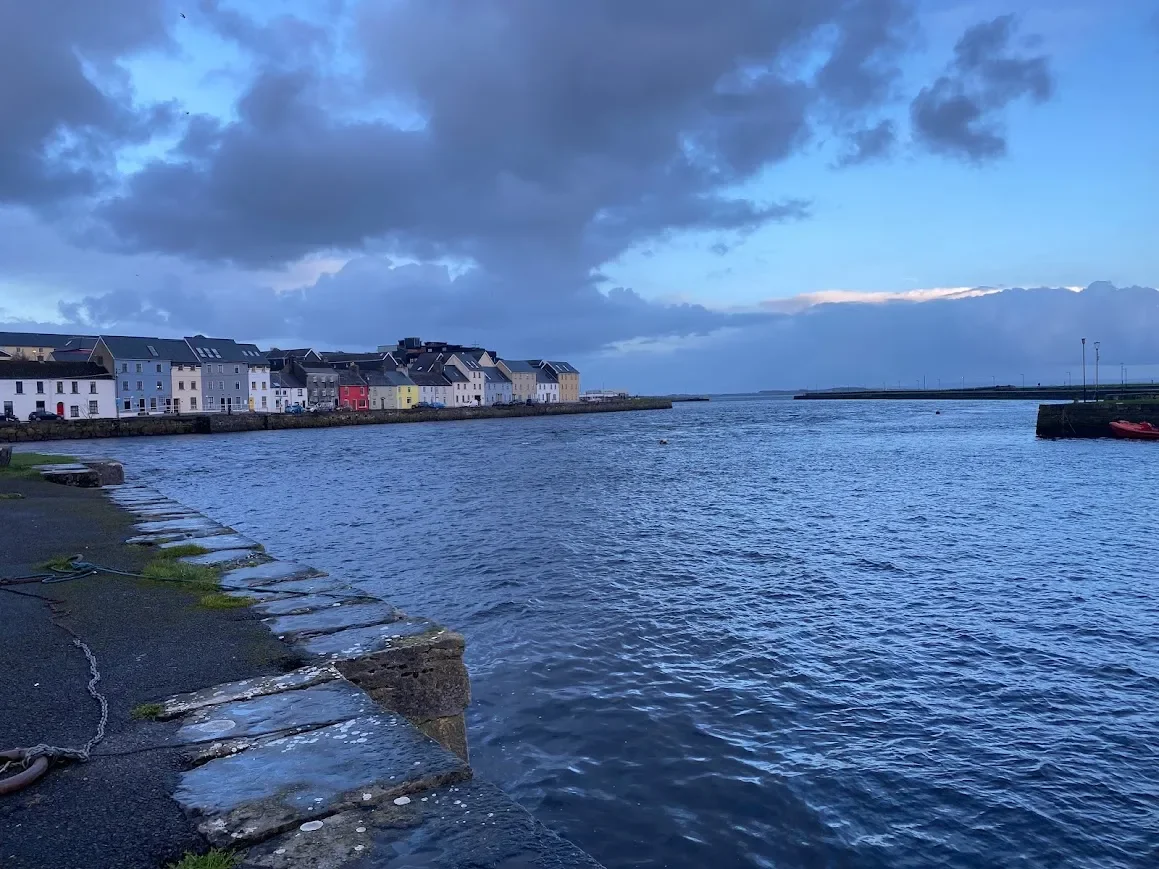Microplastics pose a growing threat to ecosystems, aquatic life, and human health. These tiny plastic particles, originating from various sources, often enter waterways through urban stormwater runoff, contaminating the environment, food supply, and drinking water. On World Ocean Day, we recognise the vital role our oceans play in sustaining life. However, plastic pollution—particularly microplastics—jeopardises marine ecosystems and organisms while impacting human health.
Often found in personal care products and cosmetics, microplastics enhance texture and appearance but become environmental hazards once discarded. They travel through water systems, especially during storm events, accumulating in rivers and seas and entering the food chain. To combat this issue, researchers at Dublin City University’s Water Institute, supported by the EU WateRUN project, are developing innovative solutions to address microplastic pollution at its source
Initial studies of Dublin’s rivers have identified a variety of microplastics in different shapes, sizes, and materials . To improve detection and monitoring, DCU Water researchers are developing an optical sensor designed to analyze urban runoff samples for microplastic content to understand their pathways. This technology integrates chemistry, materials science, and optical transduction into a low-cost, efficient solution, making real-time environmental monitoring more accessible. Additionally, research at DCU is building a smartphone-based detection system that uses blue light technology to identify microplastics directly at the source. This portable, user-friendly approach eliminates the need for time-intensive laboratory analysis, enabling rapid identification of pollution hotspots.
The ability to detect microplastics quickly and affordably allows for an enhanced understanding as to how microplastics travel to oceans supporting better plastic pollution management strategies, including enhanced stormwater treatment, improved waste disposal methods, and stricter regulations on plastic usage. These advancements also lay the foundation for new filtration systems and cleanup initiatives, helping to protect ecosystems and public health.
This World Ocean Day, let’s remember that the choices we make on land ripple all the way to the ocean. One impactful action is to reduce our consumption of plastic-packaged products—like bottled water, pre-packaged vegetables, and other single-use items. Plastics discarded on land often find their way into rivers and oceans, where they break down into harmful microplastics that threaten marine life and ecosystems.
Three Handy Tips to Help:
- Shop Smart with Reusables: Bring your own reusable produce bags, shopping bags, and water bottles. This simple switch can eliminate dozens of single-use plastics each week.
- Buy Loose Produce and Bulk Items: Choose unpackaged fruits and vegetables, or shop at stores that offer bulk dry goods where you can use your own containers.
- Support Plastic-Free Brands: Look for companies committed to zero-waste or plastic-free packaging, and let your purchases reflect your values.
Remember, consumer demand drives change!


